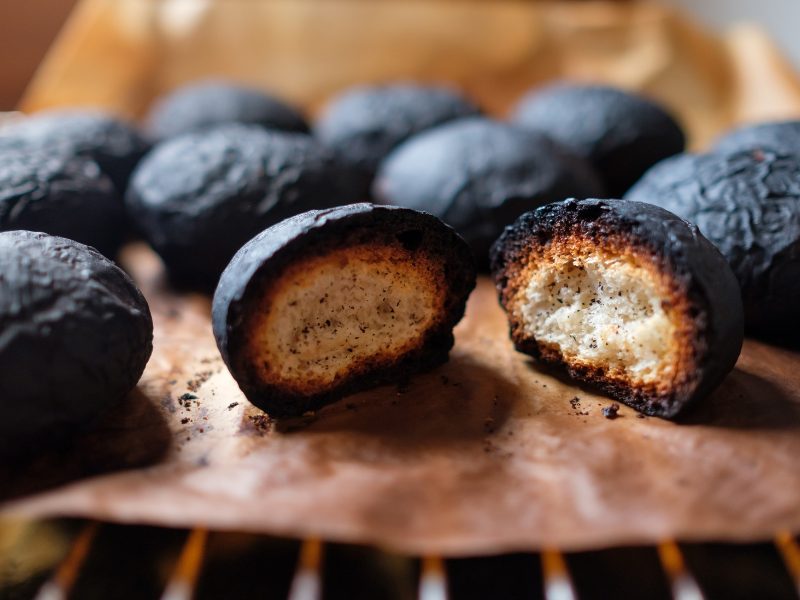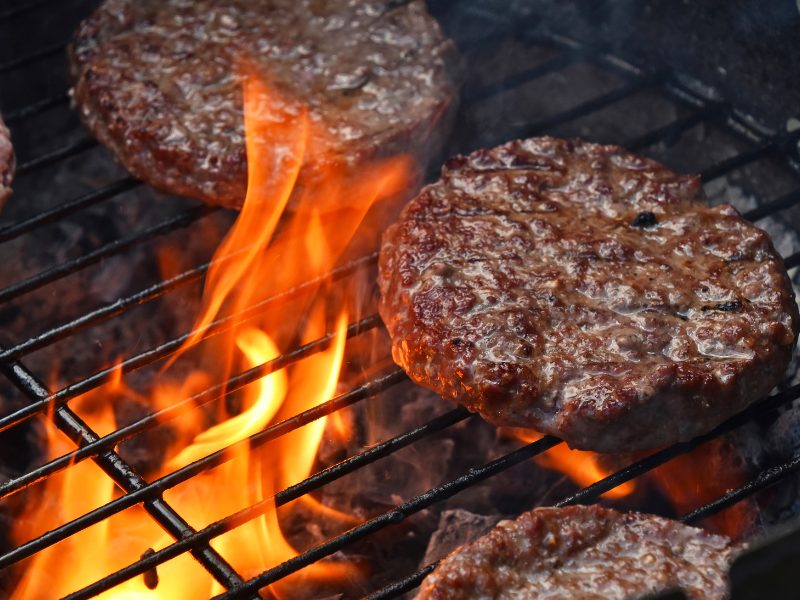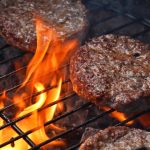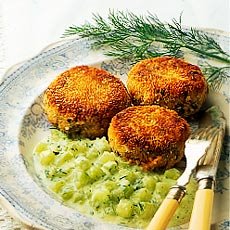Does burnt food have fewer calories?
The quick answer is YES. The action of charring the food actually destroys almost all the caloric value of the blackened parts. The downside is that it also destroys any nutritional value or enjoyable flavor. Let’s discuss some other factors related to consuming partially burned food.
Starch molecules in starchy foods like potatoes, wheat, and grains go through a process called gelation when they are cooked. After absorbing steam from either their own moisture or a cooking liquid, they swell and break open. They become more easily digestible as a result of the disruption of their cellular structure. Because raw carbohydrates don’t provide your stomach with the same support, digestion is more laborious and incomplete. Less energy and nutrition will be extracted from the starches, and more will pass into your intestines undigested. The residual carbohydrates are then fermented by bacteria, frequently resulting in flatulence, pain, and occasional cramps.
When food chars or blackens, the important sugars and starches are transformed into carbon, which has no calories. All of the black parts are now nutritionally worthless. In fact, some fear that they cause cancer (see counterpoint below).

To get the Millard reaction, you need to get the food brown. Burning is not what you want. It is therefore useless for food.
Counterpoint: Does consuming charred food cause cancer?
The Allegation: Consuming overcooked or burned food results in cancer. Some foods, especially those high in carbohydrates like bread or potatoes, generate an ingredient called acrylamide when cooked at high temperatures.
Researchers have discovered that rodents can develop tumors when exposed to high quantities of acrylamide, which is frequently present in food. However, research on humans has not consistently shown that acrylamide in the diet increases cancer risk. The majority of studies done on sizable populations of people to determine whether there is a connection between acrylamide and malignancies of the colon, kidney, bladder, and prostate have come up empty-handed.
Other compounds, such as those known as heterocyclic amines and polycyclic aromatic hydrocarbons, may be released during the preparation of meat using certain techniques, such as pan frying, grilling, or smoking. Rats exposed to high concentrations of these compounds develop tumors in a variety of organs, just like with acrylamide. The data is far less clear in humans, though. While some researchers have found no correlation between eating cooked meat’s compounds and an increased risk of some cancers, such as colorectal or pancreatic, other studies have found none.
The researchers have concluded that there is insufficient and unpersuasive evidence that consuming food that has been overdone or burned causes cancer in people.
So in conclusion, burning the meal will surely reduce its calories since some of the energy that you might otherwise have digested and transformed into you goes up in flames and smoke. After the meal is burned, there are far fewer calories in the black carbon than there were at the beginning. If you want to eat fewer calories the better option would be smaller portions of food with a higher nutritional value.
References:
https://www.webmd.com/cancer/features/does-this-food-cause-cancer © 2012-2022 by LiVentures. All rights reserved. No part of this document may be reproduced or transmitted in any form or by any means, electronic, mechanical, photocopying, recording, or otherwise, without prior written permission of LiVentures.






